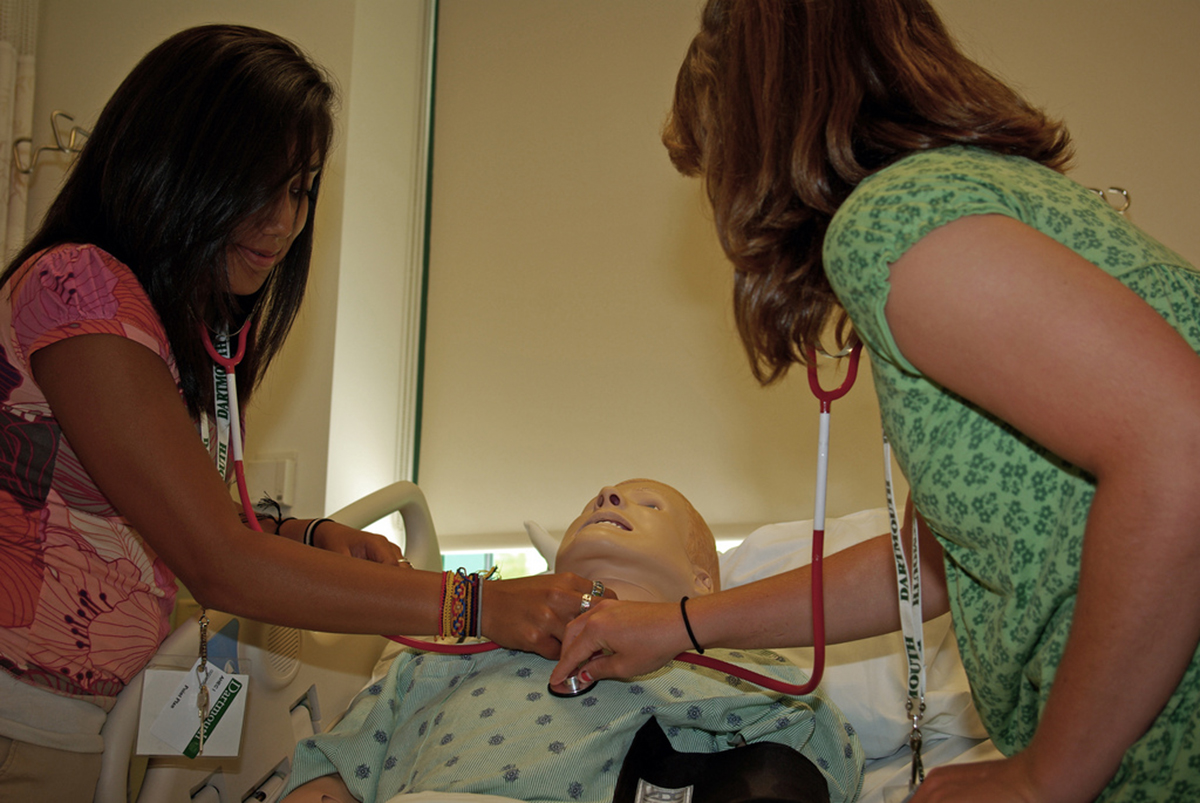Table of Contents
The Royal College of General Practitioners (RCGP) and Royal College of Psychiatrists (RCPSYCH) have taken up a staunch stance against the medical school “banter” which is causing serious damage to the mindset about certain medical specialties, especially general practice and psychiatry.
The chairwoman of RCGP, Professor Maureen Baker and Professor Sir Simon Wessely, president of the RCPSYCH, are collaborating with each other to put a stop to the hierarchies that, sadly, exist in the medical schools, calling for a need for all specialties to be regarded and respected on an equal basis.

Psychiatry and General Practice at the Mocking End
A study recently published in the British Journal of General Practice (BJGP), has pointed out a grave flaw in the hierarchical system being practiced in the medical schools, establishing the fact that specialization is preferred over general practice, physical health is gaining more importance than mental health and community care is being neglected in favor of hospital care.
There has been a massive shift in the dynamics during the past decade with the focus of attention being shifted from community care towards specialty care, with the net result of saturation of certain specialties like surgery with the others, like general practice and psychiatry, being deprived of experienced doctors as these fields are “looked down upon”.
In medical schools, general practice and psychiatry are two of the most ridiculed specialties and research shows that this mocking approach is seriously affecting the medical students’ choice of a specialty. This attitude is also putting the patients’ safety at risk besides jeopardizing the patients’ dignity and self-respect.
Breaking the Stereotypes
According to RCGP and RCPSYCH, this mocking behavior is intolerable since it has “crossed the fun limit” to the point where it is endangering the patients’ safety due to an acute shortage of competent doctors in these specialties. This orthodox mindset has to be changed and medical schools can prove to be the stepping stone for changing this kind of attitude.
READ Not Sure What Kind Of Doctor You Want To Be? Master List Of Medical Specializations
Putting a ban on the “banter” is an altogether difficult notion. However, the responsibility of demolishing the categorization of specialties and developing an unbiased attitude in the minds of medical students, falls upon the shoulders of the medical schools’ administration.
Medical schools should shoulder their responsibility in educating the young minds about respecting all specialties equally. They should be polished so as to realize the unique set of skills required by each specialty. Medical students should be guided to broaden their horizons and to make a choice of specialty that suits their individual traits and peaks their interest, instead of basing their choice on ill-formed opinions.
These stereotypes are yet another barrier that has to be tackled head-on for the development of a sturdy health system. According to Professors Baker and Wessely, the NHS can function optimally only when all specialties acquire a decent number of competent doctors who are dedicated towards their respective specialties and patients’ safety.
- Photo courtesy of http://cdn3.kevinmd.com/blog/wp-content/uploads/shutterstock_311289893.jpg
- Photo courtesy of Ano Lobb. @healthyrx: www.flickr.com/photos/27384147@N02/4627358644/
- Photo courtesy of neccorp: www.flickr.com/photos/neccorp/14445634744/
- Photo courtesy of Ano Lobb. @healthyrx: www.flickr.com/photos/27384147@N02/4627358644/


Your thoughts on this